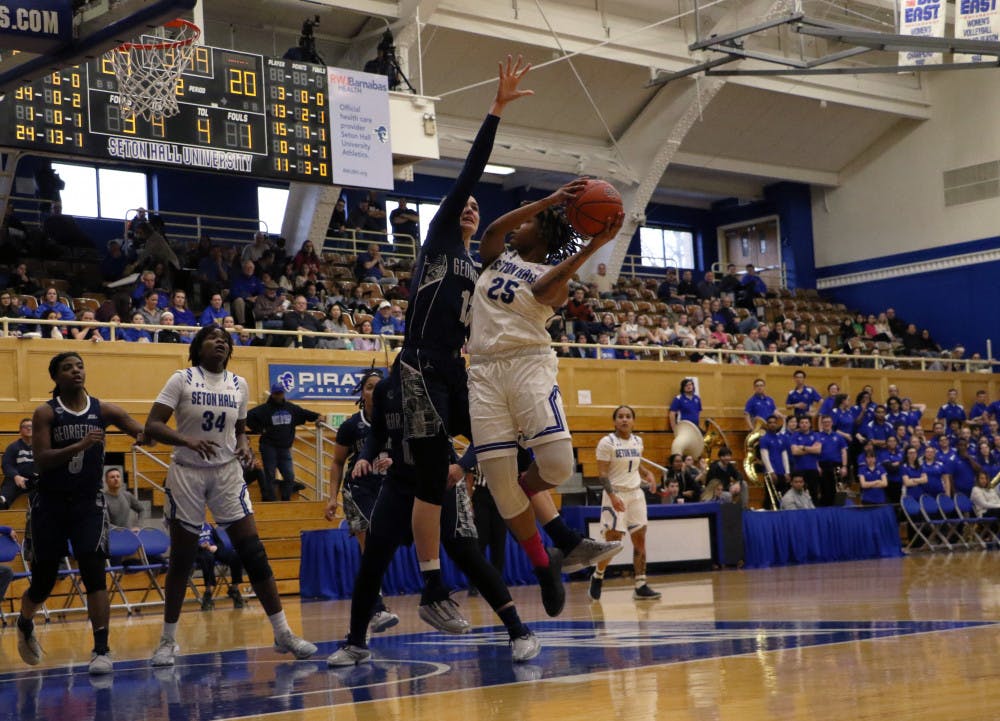 The unfair nature of the primary process has come under fire lately as supporters of parties on both the left and the right are publicly criticizing the deciding power of superdelegates.
It is undeniable that it has been an election of many firsts, but one of the most interesting aspects to observe in this race for party nominations is the wildfire impact of social media in the spreading of political news, which is more prevalent than ever before.
Activists have inserted democracy back into the primary process with the power of social media, and millennials, doing what we do best, have latched onto this idea and run with it.
Last week, Spencer Thayer created the now infamous “Superdelegate Hit List” website providing contact information for all the democratic superdelegates and the candidates each is supporting.
Ever since, those superdelegates, especially those pledged to Hillary Clinton, have reportedly been harassed on social media to re-evaluate their decisions and switch their support by Bernie Sanders’ fans.
It’s rude, it’s invasive, but although it may be hard for some to admit, it’s fair. Lobbying for support is in fact the historical nature of the superdelegate system since its creation in the 1980s. It’s the name of the game. And historically, it has mostly happened behind closed-doors and among the major players in party politics.
However, as little effect as trolling may have on the movers and shakers of the DNC, the fact that social media could provide a platform for communication for people to reach out to superdelegates is democratic. Superdelegates have to make big, impactful decisions, and if the average citizen can reach out behind a computer screen and make them realize the weight of their decision, if anything, it makes the process a little bit more fair.
There are no excuses for acting uncivil or using language that encourages violence. But if someone holds a position of power that could influence the lives of many and knows the nature of the superdelegate system, they should not be excused or act bothered by the voices of the American people. If they are, maybe they shouldn’t hold this power, or the system in selecting nominees should be revamped completely.
The unfair nature of the primary process has come under fire lately as supporters of parties on both the left and the right are publicly criticizing the deciding power of superdelegates.
It is undeniable that it has been an election of many firsts, but one of the most interesting aspects to observe in this race for party nominations is the wildfire impact of social media in the spreading of political news, which is more prevalent than ever before.
Activists have inserted democracy back into the primary process with the power of social media, and millennials, doing what we do best, have latched onto this idea and run with it.
Last week, Spencer Thayer created the now infamous “Superdelegate Hit List” website providing contact information for all the democratic superdelegates and the candidates each is supporting.
Ever since, those superdelegates, especially those pledged to Hillary Clinton, have reportedly been harassed on social media to re-evaluate their decisions and switch their support by Bernie Sanders’ fans.
It’s rude, it’s invasive, but although it may be hard for some to admit, it’s fair. Lobbying for support is in fact the historical nature of the superdelegate system since its creation in the 1980s. It’s the name of the game. And historically, it has mostly happened behind closed-doors and among the major players in party politics.
However, as little effect as trolling may have on the movers and shakers of the DNC, the fact that social media could provide a platform for communication for people to reach out to superdelegates is democratic. Superdelegates have to make big, impactful decisions, and if the average citizen can reach out behind a computer screen and make them realize the weight of their decision, if anything, it makes the process a little bit more fair.
There are no excuses for acting uncivil or using language that encourages violence. But if someone holds a position of power that could influence the lives of many and knows the nature of the superdelegate system, they should not be excused or act bothered by the voices of the American people. If they are, maybe they shouldn’t hold this power, or the system in selecting nominees should be revamped completely.





